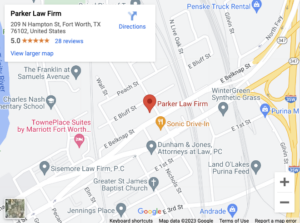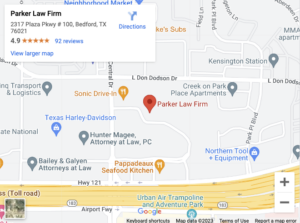Top Representation for Texas Motorcycle Victims
According to Hurst BubbleLife, a digital newspaper that covers the latest issues in Hurst, Parker Law Firm Injury Lawyers is included in the list of the Top Five Texas Motorcycle Lawyers. To be included, attorneys must be board-certified and successful in recovering significant settlements for their clients. Hurst BubbleLife states that it is committed to […]
Read more

